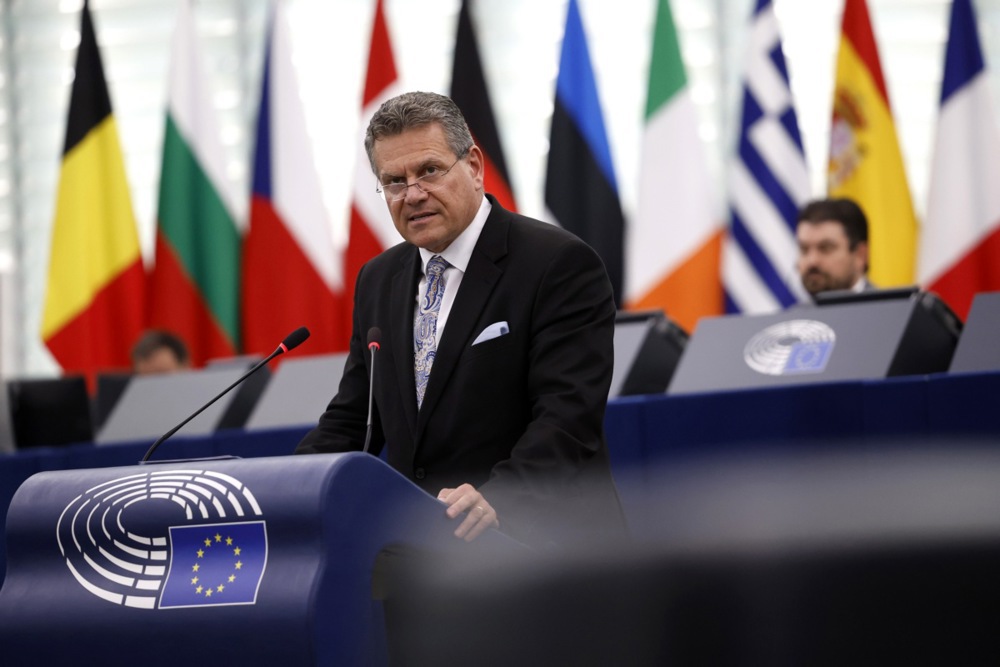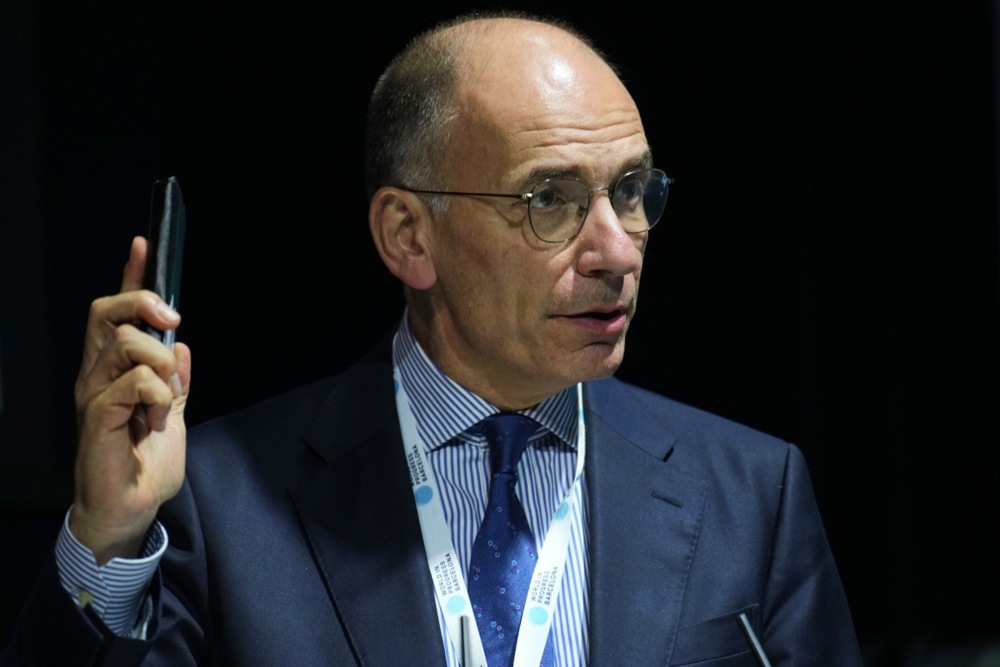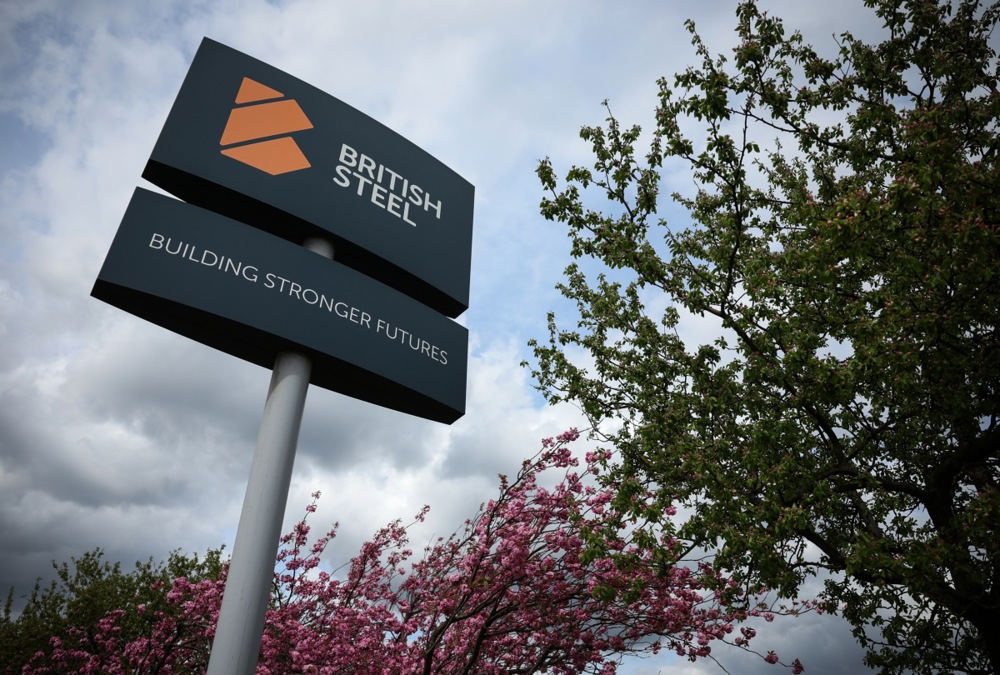After tense negotiations with the US, European Commission President Ursula von der Leyen emerged from a last-minute meeting in Scotland with a preliminary trade agreement in the apparent belief that a flawed deal is better than none.
“It will bring stability, it will bring predictability. That’s very important for businesses on both sides of the Atlantic,” von der Leyen said at the close of talks late on July 27 with US President Donald Trump.
AFP
The 15 per cent across-the-board tariff on most European Union goods entering the US market, significantly lower than Trump’s earlier threats of 20 per cent or 30 per cent, was, in von der Leyen’s view, a compromise that prevented escalation and protected key sectors.
At first glance, financial markets appeared to agree, at least in the short term. Investors favour short-term predictability and Trump’s strategy of threatening extreme conditions to obtain what he wanted did not seem to be driving up US import prices yet.
Philippe Gijsels, chief strategist at BNP Paribas Fortis, told Brussels Signal on July 28: “Totally agree. Nobody wins with tariffs, and it does indeed look like Donald Trump has got his way. But the markets are reacting positively because 15 is less than 30, and it’s mainly the uncertainty that weighs on the markets.
“That has now partly disappeared. For now, at least.”
But many political voices in Brussels were less reassured. On the same day, Belgian MEP and former prime minister Guy Verhofstadt posted on X: “The EU-US deal is scandalous … a disaster … with not one concession from the American side … badly negotiated …”
Under the agreed terms finalised in Scotland, the 15 per cent tariff level matched that granted to Japan, which von der Leyen had previously praised, and was lower than those agreed with other countries. It was, though, still a far cry from the EC’s original aim of a “zero-for-zero” deal.
In the weeks leading up to the July 27 agreement, von der Leyen had repeatedly warned that “all options” were on the table, including the use of an anti-coercion instrument never before activated. The EC even prepared lists of retaliatory tariffs on US goods worth €93 billion.
In the end, though, Europe pulled back, accepting a uniform 15 per cent tariff in exchange for exemptions in several key sectors.
Aircraft and components, semiconductor equipment, critical raw materials, and some chemical and agricultural goods will be subject to zero tariffs. EU cars, previously hit with a 27.5 per cent rate, will now also fall under the 15 per cent cap.
“We will keep working to add more products to this list,” von der Leyen said.
There was also a major energy pledge: The EU will spend more than $250 billion annually on US liquefied natural gas, oil and nuclear fuel, with the total expected to reach $700 billion by the end of Trump’s term in four years.
Not all sectors were protected. Pharmaceuticals, a vital European export, will face the full 15 per cent rate, despite earlier US hints that drugs might be excluded.
At the start of the meeting, Trump had told reporters: “Pharmaceuticals are very special. We can’t be in a position where … we’re relying on other countries.” By the end, von der Leyen admitted EU-made drugs would be covered, while noting Trump could still take further action “globally”.
For most, this confirmed the sense that the EU had conceded too much. Belgian Renew MEP Yvan Verougstraete posted on July 28 just hours before the announcement: “Accepting 15 per cent tariffs today is legitimising violence and domination by force. The Europeans — Germany and Italy in particular — must stop acting like they’re small vulnerable countries.
“Europe seems to want to ‘limit the damage’. That’s short-term thinking, a mistake we’ll pay for over the long run if we don’t change our mindset.”
That sentiment was echoed by Olivier Blanchard, professor emeritus at MIT and senior fellow at the Peterson Institute for International Economics. “A completely unequal ‘deal’ between the US and the EU. Have no doubt: asymmetric 15 per cent tariffs are a EU defeat,” he wrote shortly after the deal was announced.
“When the law of the jungle prevails, the weak have little choice than to accept their fate. But Europe could potentially have been strong, either alone or in a coalition with others… An opportunity lost,” he added.
On July 27, Bernd Lange, chair of the European Parliament’s Committee on International Trade, offered a more institutional critique: “My first assessment: Not satisfactory. This is a lopsided deal. Concessions have clearly been made that are difficult to accept. Deal with significant imbalance. Furthermore lot of questions still open.”
Others struck a more cautious, conditional note. In a press release sent to Brussels Signal, Jessika van Leeuwen, MEP for the Dutch BBB party and member of the International Trade Committee, supported the EU’s restrained approach. “The United States had been brandishing very high import tariffs on European goods, to which the EU negotiators fortunately responded with calm and thoughtfulness”, she said.
“In a trade war with our most important trading partner, there are only losers. High tariffs don’t just hit the other side—they affect our own citizens’ jobs and economic security.”
Van Leeuwen made clear, though, that her party’s support was not unconditional, as her “assessment of this trade agreement will depend on full respect for European phytosanitary standards.”
“That means no imports of chlorine-washed chicken, and no meat from animals treated with growth hormones or antibiotics. What we are not allowed to produce in the EU must also not be allowed to enter. That is the only way to ensure a level playing field for our businesses,” she said.
Despite the headlines, the agreement remains provisional. The EC itself noted that the deal “needs to be further developed”. The tariff rate on US goods entering the EU, for instance, was not immediately specified.
Details are still unknown. “It’s … just a framework as of yet but don’t know what the finer points are. I have to assume taking action on digital regulations were staved off as it was not mentioned,” Varg Folkman, economic political analyst at the European Policy Centre, told Brussels Signal.





